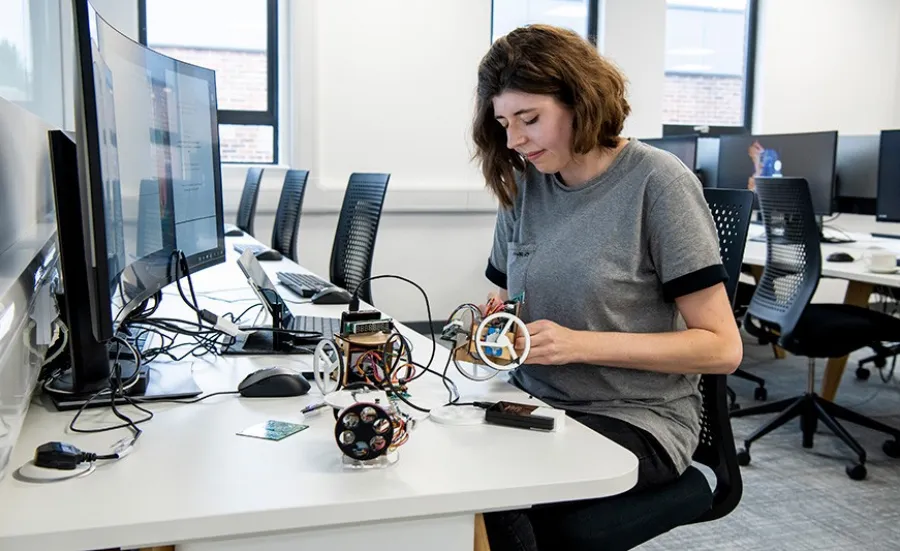Electronics and Computer Science
Microfluidic gel electrophoresis of very long DNA to enable long-read sequencing for genomic medicine
This project will reimagine gel electrophoresis into an innovative engineered microfluidic system, tailored to match the latest long-read sequencing methods for genomic medicine and health data science. By shrinking a decades-old method, that remains essential to DNA analysis, we will enable faster, higher quality genomic analysis.


